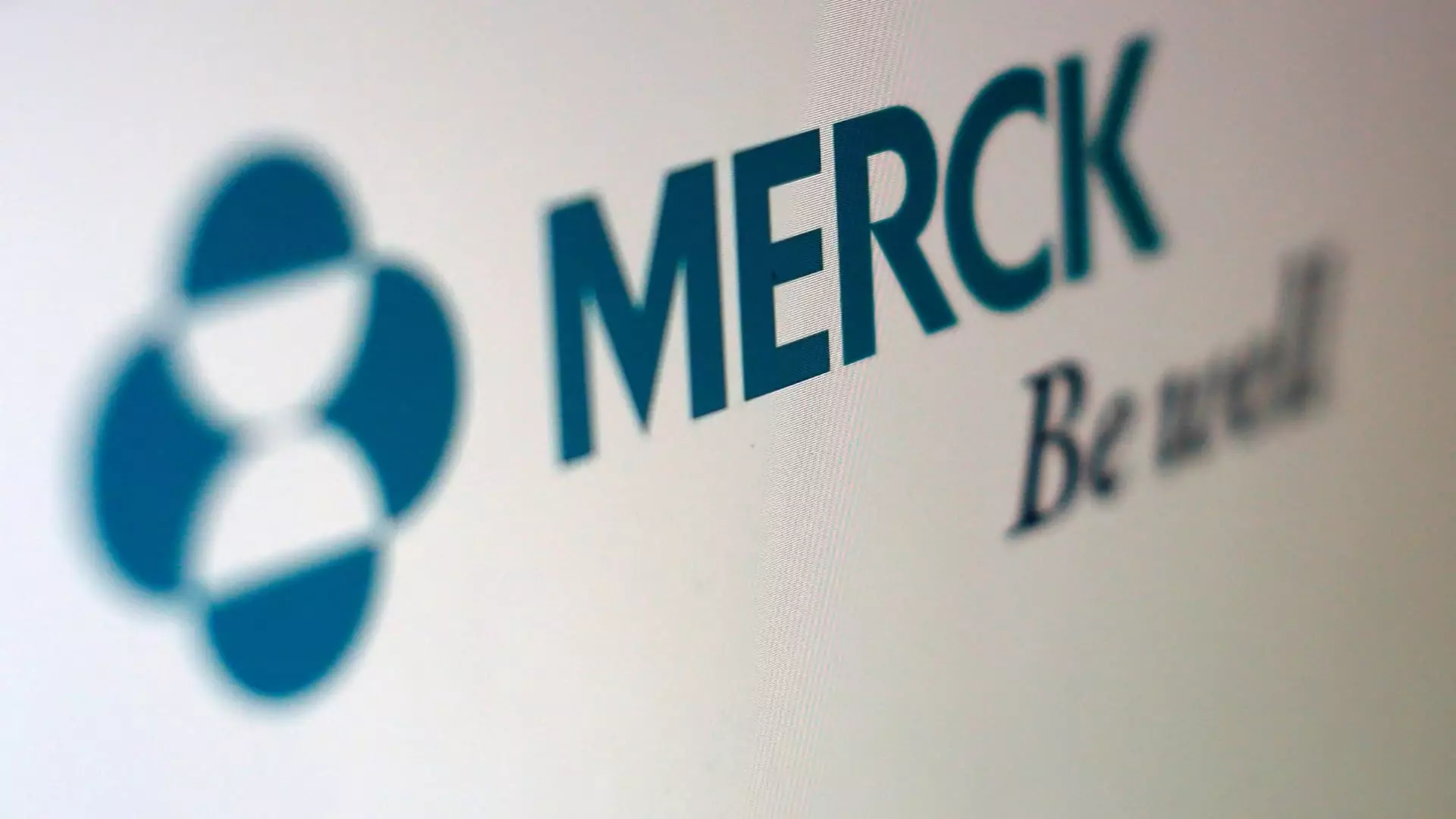In a significant leap for pediatric health, the FDA has recently greenlit Merck’s groundbreaking shot named Enflonsia, aimed at safeguarding infants against respiratory syncytial virus (RSV). This decision arrives just in time to plant a new shield between vulnerable lives and a seasonal menace that has long plagued families and healthcare providers alike. Expected to roll out in July, ahead of the upcoming RSV season, Enflonsia stands poised to make a tangible difference in a landscape crowded with competing treatments.
Previously, Sanofi and AstraZeneca’s Beyfortus dominated this segment, boasting an impressive revenue of €1.7 billion ($1.8 billion) last year. However, the sudden surge in demand left a significant portion of the market unserved, creating loopholes ripe for the exploitation of innovation. Merck’s entry disrupts this duopoly and offers a much-needed counterbalance, providing parents and doctors with more than one pathway to safeguard their infants from RSV’s debilitating grip.
Competing with Statistics: Efficacy Front and Center
The most compelling element of the Merck shot lies in its statistic-driven promise. During its late-stage trials, Enflonsia demonstrated a staggering 84% reduction in RSV-related hospitalizations, alongside a dramatic 90% dip in lower respiratory infections compared to a placebo. These numbers are not mere marketing fluff; they represent a lifeline for overburdened healthcare systems wrestling with high hospitalization rates among infants.
In striking contrast, Sanofi’s Beyfortus is tailored for infants based on body weight, a factor that complicates treatment administration and potentially delays critical care. Enflonsia’s universal dosage approach provides simplicity, allowing doctors to prioritize the urgency of care over calculations. In a world where every moment counts, this aspect alone could save lives and ultimately improve outcomes—a point particularly potent for those advocating for streamlined healthcare processes.
The Politics of Pharmaceutical Competition
From a center-right perspective, the introduction of Enflonsia is a testament to the necessity of competition within the pharmaceutical industry, a sector often criticized for monopolistic tendencies. While some view large pharmaceutical companies as ruthless profit-seekers, their potential for innovation cannot be dismissed. Allowing multiple entities to pursue treatment solutions not only prompts advancements but nurtures a marketplace that emphasizes variety and choice for consumers.
When monopolies exist, they create a stagnant environment rife with complacency. By introducing Enflonsia just as Beyfortus faced unprecedented supply shortages, Merck successfully steps into a gap that could alleviate strain on public health. Wider access to preventative treatments cultivates a healthier future while simultaneously demonstrating that a free-market approach to healthcare can yield significant benefits for society.
Broader Implications: RSV Beyond Infants
Yet, as the excitement over Enflonsia builds, we must not lose sight of the broader implications of RSV. Though predominantly fatal among infants, this virus is also lethal for older adults, showcasing a dual threat that mandates continuous vigilance. While Merck’s shot provides immediate protection for infants, a comprehensive approach requires us to address vulnerabilities across all age groups. The recently paused RSV trials for young children serve as a reminder that ongoing research is imperative to securing a robust healthcare net.
Moreover, continued awareness campaigns around RSV can further educate parents about prevention tactics and the importance of vaccination—efforts that will only be enhanced by a competitive marketplace. The approval of Enflonsia should galvanize additional drugmakers to prioritize RSV research, potentially leading to even more innovative solutions that can safeguard not just our youngest citizens but the entire population.
Looking Ahead: A Hopeful Future
With ongoing meetings among health advisory boards looming on the calendar, the stage is set for a comprehensive reevaluation of how RSV is treated and prevented. The very existence of market competitors like Merck, Sanofi, AstraZeneca, and others pushes for a better future—as they are not merely contending with each other, but rather, they are innovating for the greater good.
In piracy-encouraged healthcare solutions, Enflonsia shines not just as a treatment but as a symbol of progress—a beacon of hope amidst the turbulent seas of RSV complications. Families in search of security in a volatile world now have options; and, while this marks a leap, it should not be the end of the journey but rather a significant milestone on the road to comprehensive RSV solutions.


Leave a Reply